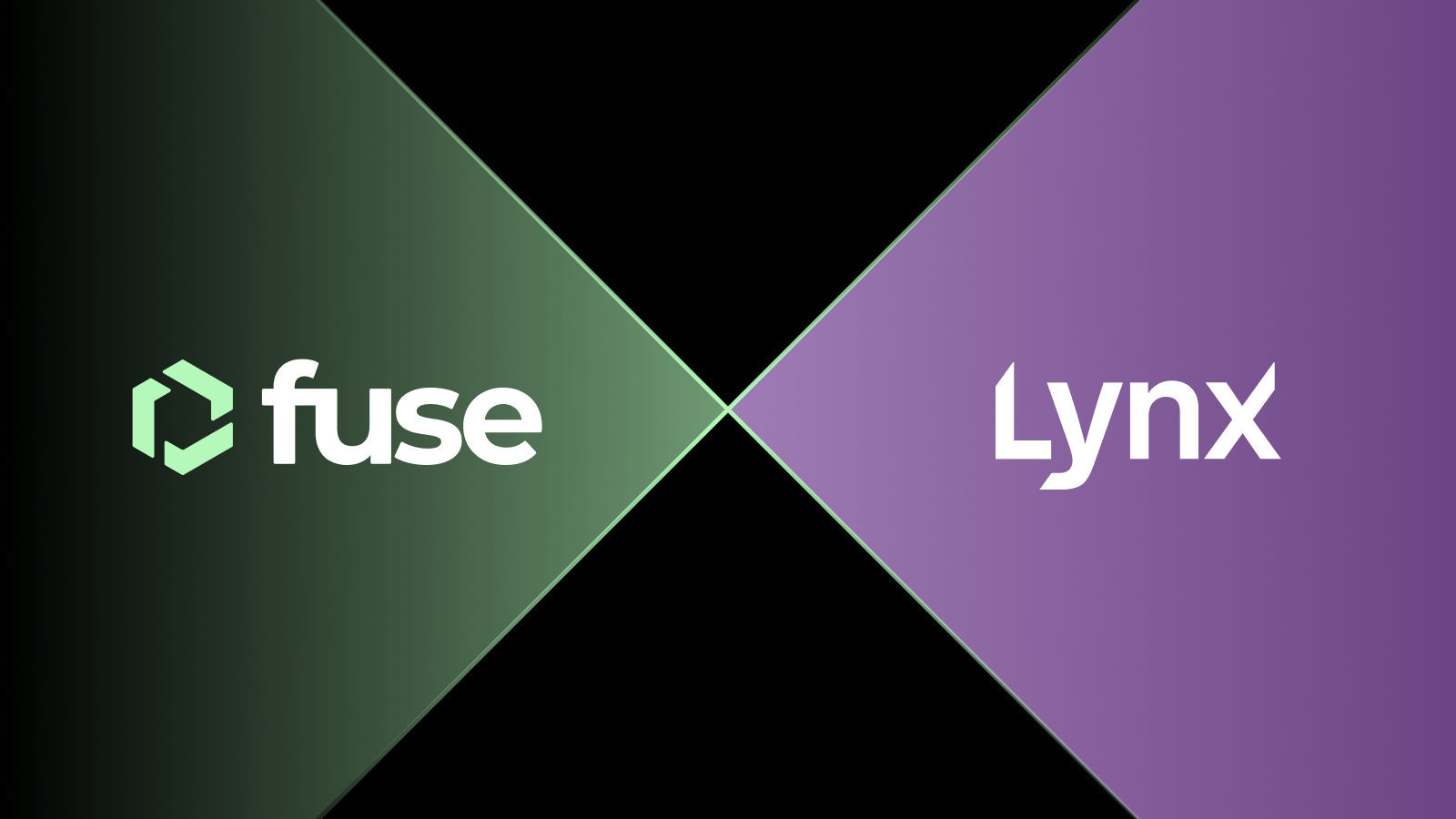Lynx Finance lists FUSE and sFUSE as collateral assets, allowing token holders to trade perpetuals without selling their holdings.
Lynx, a decentralized perpetuals exchange, has integrated with Fuse Network, enabling high-leverage trading for the Fuse ecosystem. The collaboration lists FUSE and sFUSE as collateral assets on Lynx, allowing token holders to trade perpetuals without selling their holdings. Additionally, holders can provide liquidity to earn trading fees.
Lynx allows token holders to leverage their favorite tokens as collateral assets for trading. Whether you hold governance tokens, LSTs, yield-bearing assets, or stablecoins, Lynx will enable you to harness the potential of these assets.
What you need to know
- Lynx’s perpetuals exchange is live on Fuse, offering high-leverage trading on various instruments to the entire Fuse ecosystem.
- Native token FUSE and its liquid, staked derivative sFUSE have been listed as collateral assets on Lynx, creating new utility for holders.
- FUSE and sFUSE token holders can use their tokens as collateral to trade different instruments or earn trading fees by supplying liquidity.
How Lynx Finance Integrate FUSE
Lynx has now integrated $FUSE and $sFUSE tokens as collateral assets, allowing holders to trade perpetuals without liquidating their holdings. Additionally, token holders can provide liquidity to earn a share of trading fees.
Start trading with up to 100x leverage on ETH/USD and BTC/USD pairs. Stay updated for more trading options and partnerships to enrich the DeFi ecosystem on Fuse. Additionally, Lynx invites other protocols on Fuse to list their tokens on its platform.
What is Lynx Finance?
Lynx, a decentralized perpetuals exchange, enables high-leverage trading using any ERC-20 token as collateral. Gasless trading across chains maximizes liquidity and volume while traders benefit from diverse collateral options, gas-free transactions, guaranteed payouts, and low liquidation penalties. Liquidity providers enjoy tailored single-asset provision, limited counterparty risk, and fee generation across ecosystems.
Cross Chain Perpetuals Powered by LayerZero
Lynx utilizes an innovative cross-chain trading system to support decentralized perpetuals trading on any blockchain, regardless of block rate, gas costs, or EVM compatibility. Lynx’s cross-chain system lets users interact with the perpetual exchange from any origin chain while settling transactions on Lynx’s engine chain.
Origin chains are the blockchains on which users hold their assets, connect their wallets, and do everyday business (e.g., trading and supplying liquidity). The engine chain is where Lynx settles trades, regardless of which origin chain they come from. Currently, Lynx uses Fantom – it possesses a fast block rate, cheap gas prices, and all the infrastructure needed to make it highly suitable for perpetual trading applications.
Before using Lynx, users are required to deposit funds into their Lynx accounts.
Non-Custodial Trading Solution
Depositing funds to a user’s Lynx account mimics the user experience on a centralized exchange but in a fully decentralized manner. Instead of transferring assets to a CEX and getting credits within their servers, users transfer assets to a Lynx smart contract and receive tokens to their wallets on the engine chain.
While CEXs rely on private, internal accounting to track the movement of credits on their exchange, Lynx leverages the transparent, decentralized nature of blockchain and smart contracts to account for the movement of assets. Doing so ensures Lynx remains a non-custodial, decentralized exchange where users always retain full ownership over their funds.
Lynx Finance & Fuse In summary
Through Lynx, users can leverage various tokens for trading, benefiting from gasless transactions, diverse collateral options, and transparent, non-custodial trading solutions. With a focus on reducing operational costs, maximizing liquidity, and ensuring accessibility, Lynx aims to revolutionize decentralized trading on the Fuse Network.
.svg)
.svg)











